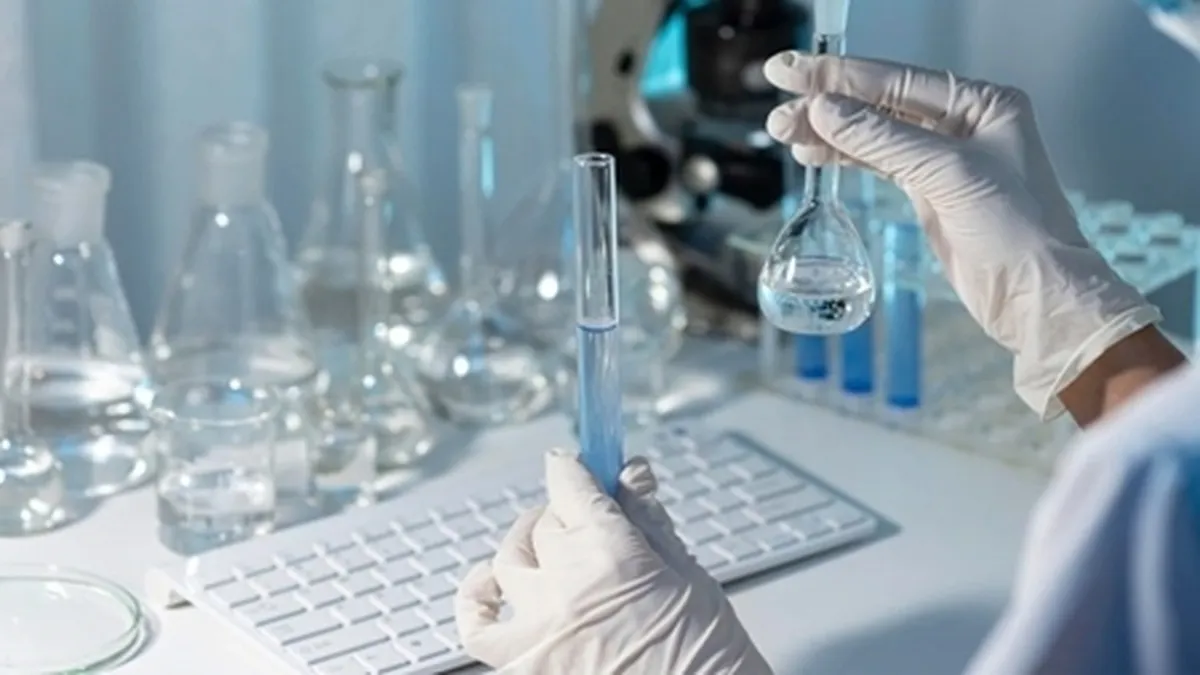Knowledge-Based Firm in Iran Provides Lab Services to Improve Food, Health Products

“In addition to research and laboratory services, various services in the fields of training and consultation in different fields are provided to producers and industrialists,” said Azam Kaheh, the managing director of the knowledge-based company.
“Among the most important parts of this company, we can mention the laboratory unit, including classical chemistry, instrumental analysis and specialized microbiology, research and development unit, training, consultation for meeting the national and international standards, and production unit of tetrazol standard solutions with analysis sheets,” she said.
“Our knowledge-based company, with the cooperation of university experts and using advanced equipment like gas chromatography, mass spectrometer, high-performance liquid chromatography, atomic absorption, infrared spectrometer and two-beam spectroscopy, enjoys the capability to perform all general and specialized tests like the measurement of heavy metals, pesticide residues, mycotoxins, preservatives and artificial sweeteners, and sterols and fatty acid profile, and identification and determination of unknown sample concentration,” Kaheh said.
A senior Iranian official announced in December plans to establish an integrated national laboratory network in the country.
Yaqoub Fat'hollahi referred to the creation of scattered laboratory networks by the Iranian government, including the Science Ministry and the Vice-Presidency for Science, Technology and Knowledge-Based Economy, and underlined the need for the establishment of an integrated national laboratory network.
“Laboratory capacity for scientific research has been created in the country and they work in the form of specialized or national laboratories, and each of these laboratories individually provides services to specialists and researchers,” he said.
Fat'hollahi said that creation of a national laboratory network was proposed to increase laboratory capacities, both in the form of individual laboratories and networks, and integrate the country's laboratories.
“Launching this national network does not mean stopping the activities of other networks, and all laboratory networks should continue to work, and the national network should also be launched with preparations and plans at the national level and with a national and transnational vision to serve all scientists in the Islamic world,” he stressed.
4155/v





















